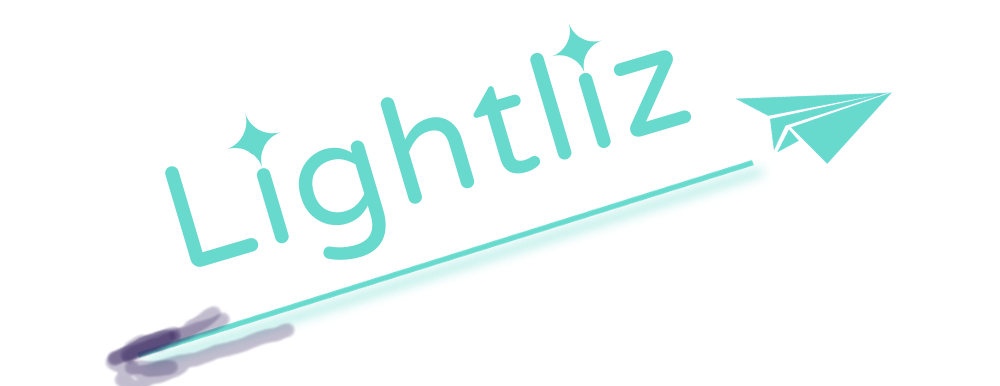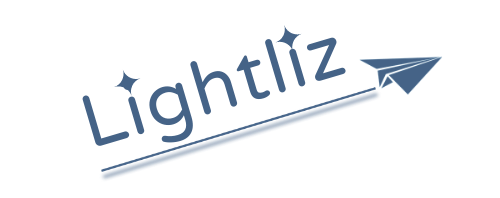It’s challenging to go through the motions without facing the following burning questions at some point in life:
Why am I here? How do I get meaning from what I do? What do I need to do next? Is my career requiring a shift, a new hobby I may be passionate about, a social cause to fight for, volunteering in the community, or starting a side hustle to earn from what I love?
Most of us need to understand why we do what we do, not just live on autopilot to earn and pay the bills.
However, all these existential, big questions can be overwhelming and intimidating. So, how do we make sense of our lives without overthinking them?
Well, journaling prompts are great for helping you achieve that.
The prompts are specific queries that guide you through different aspects of your purpose, one at a time. Through guided journaling, you can gradually get to know yourself better, reduce your feeling of being overwhelmed 1, and illustrate your purpose.
The prompts below aren’t generic questions about purpose that would only make you more overwhelmed. My prompts are designed to help you gradually illustrate the image of your purpose and separate the wheat from the chaff.
Some of the following prompts have helped me connect with my core and reinvent myself as a content creator in my late 30s. I framed the rest of the prompts retrospectively to streamline your self-discovery journey. These prompts draw on lessons I learned the hard way and insights I got onto my meaningful path.
Disclaimer : The information provided in this article is for educational purposes only, and doesn’t substitute professional advice. Results may vary. The article may contain affiliate links. See the full disclaimer for more details.
23 Life-purpose journaling prompts
- What is your favorite hobby, and what do you love about it?
- What activities made you curious to learn more about them?
- What tasks others considered hard felt easy to you, and why?
- Which work vibes better resonate with you—data analysis, problem-solving, creativity, entertaining, communicating, or helping others, and why?
- Name one person who inspired you recently and why.
- What is the advice you were most thrilled to give?
- What would you do daily if money weren’t an issue?
- What past achievement made you feel proud of yourself and why?
- What is the working space that feels most natural to you?
- What does your ideal day look like?
- Write a letter to your future self five years from now. Illustrate your ideal life and what brings you fulfillment. Get into details as much as possible.
- Imagine you have a superpower to solve one global problem. What problem would you fix and why?
- What was the most profound struggle you had in life, and how did you overcome it? Think about sharing actionable insights from overcoming that struggle on a blog, YouTube channel, or coaching business.
- Think about 1-3 life events that have deeply impacted you. What lessons did you learn from them? How can you inspire others with these lessons?
- What are your non-negotiables in life? These are the core values you won’t compromise on. Then, think about ways to integrate these values into your daily life.
- In your imagination, return to school, university, first job, second job, volunteer work, etc. What positive feedback have you received from your employers and instructors? What did your coworkers say good about you?
- Reflect on times you felt a strong sense of purpose. What were you doing? Who else was there? How can you recreate this condition?
- What things will you agree to sacrifice to pursue your purpose?
- Write a daily gratitude list. Each evening, write down five positive or meaningful things that happened to you that day.
- Name one specific project that made you forget about the time (because you enjoyed it or were curious to progress)
- What relationships felt meaningful to you and why?
- Prioritize your prospect endeavors—which is more important to you now? Building a strong family, finding meaningful relationships, starting a new hobby, getting a promotion at work, changing your career, traveling the world, starting a side hustle, changing your lifestyle—the list goes on. It’s critical to reflect on your priorities so you can start and set goals.
- What is holding you back in life right now? Be candid with yourself, pinpoint the key barriers, and write down a few possible solutions.
These key 23 prompts can help you get to know yourself better and refine your meaningful lane. Allow yourself to open up and write all your honest emotions and thoughts.
The following sections of the post will briefly introduce how journaling benefited me personally, show you how to tie your answers together, and assemble your purpose.
How to use journaling to find your purpose?
Finding purpose in life can be overwhelming and challenging. I went through hard times with this. It hit me the first time in my mid-30s.
Part of my existential crisis stemmed from my mediocre back-office cubicle job, and another part was my failure to get funding for my studies abroad.
Long story short, I was devastated for almost two years, lost, chasing my tail at home.
Fortunately, I’ve discovered several self-discovery practices that have helped me better know myself and connect with my core strengths and values.
One of the most effective practices I found was journaling – that good old physical notebook in which you dump all your thoughts, difficulties, emotions, dream goals, and ideas on blank paper.
The action of writing everything is stilling and inspiring. It’s like shedding a heavy life from your shoulder. The thoughts become less itchy and more apparent, you get to know yourself better, and you can start refining your new, meaningful life path.
Journaling helps you process your emotions, thoughts, and feelings, in a safe private place 2. It also allows you to learn from past achievements, and gain valuable feedback for future opportunities.
Don’t panic if you don’t have the answers to the prompts in the first iteration. As you journal more, you become more experienced in unleashing your authentic self on paper.
Look for common themes
When you finish writing your answers to the prompts, go back to them and look for common themes.
One way to do so is to cluster your answers by the four purpose aspects from the Ikigai Venn diagram: What are you passionate about and good at that the world needs and that you can be paid for?
Another important layer is to ask yourself where you would like to impact the world and earn money from what you love—your primary career, side hustle, hobby, volunteering, community work, traveling, etc.
Making sense of everything you wrote might take some time, so don’t be hard on yourself.
Let things sink in, and the aha moments will eventually come. Consulting about your outputs with a good friend you trust, a life coach, or a therapist may help, too.
Besides refining your purpose, journaling is also an excellent way to keep track of your new purpose. It is a viable way to reassure yourself that you are on the right path.
This is a more freestyle of journaling, which I’ll briefly cover now.
Guided journaling vs. spontaneous journaling
Guided journaling or journal prompts involve having a specific question, topic, or goal in mind before starting the process so that the writing is more organized and focused on the given topic.
The prompts help you to focus on one aspect of your self-discovery at a time and reduce overwhelm.
While prompts are one of the most effective methods to find your purpose, the spontaneous journaling style is more adequate to track your journey.
The spontaneous style is when you write down everything that comes to your mind without prompt, topic, editing, or filtering.
Let the pen do the magic and spill everything on the paper. This can be a great way to explore what’s inside you without overthinking things. The toll is becoming overwhelmed with emotions and thoughts, but that can be managed as you become experienced with such journaling.
With spontaneous journaling you can self reflect how you feel about your new endeavour or change in life. When you come from work loaded with emotions or feel unrested, simply writing down your feelings and thoughts can help you clarify things and refine your lane further.
I hope this blog post helped you find your purpose. Nonetheless, journaling is only one method of exploring your purpose in life. Other techniques allow you to unfold different layers of your purpose. Kindly check them out here.
Shachar is a blogger and sensitive person who worked in a recruitment company and holds a master’s degree in sociology. After years of struggles to find purpose, he made this blog to help others find their purpose more efficiently. He likes to play chess, walk in nature, and take photos in his free time.
- Journaling for Emotional Wellness, University of Rochester Medical Center[↩]
- 6 Journaling Benefits and How to Start Right Now, Healthline[↩]


